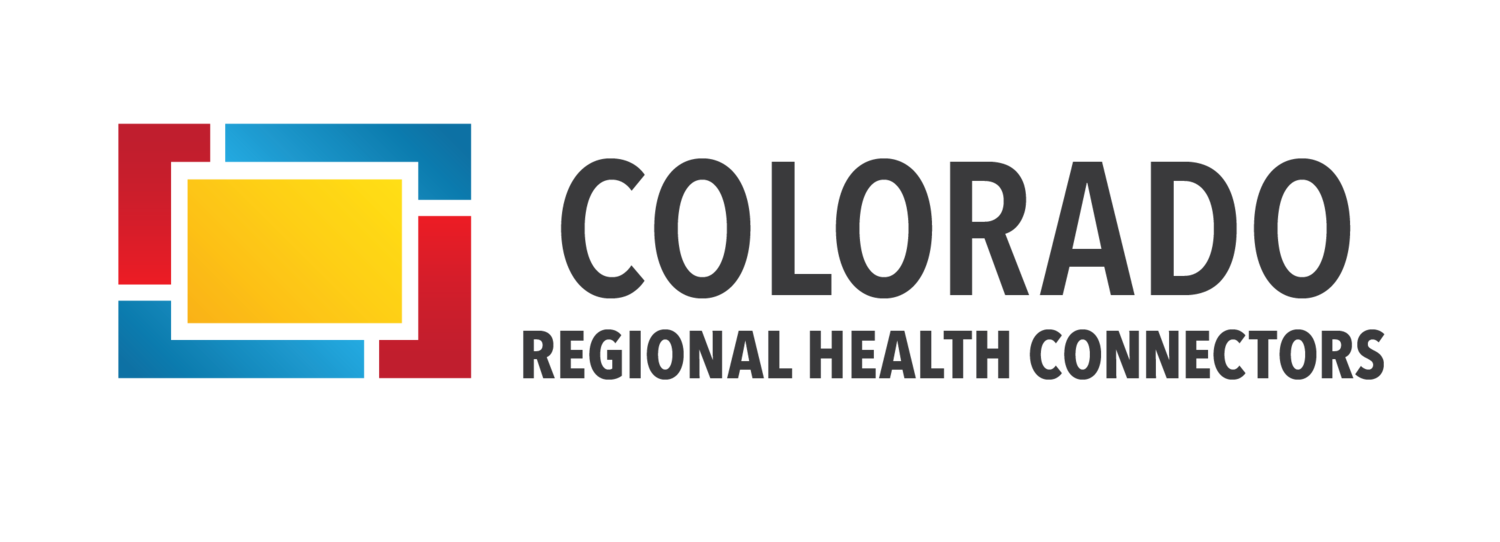
Frequently Asked Questions
What are Regional Health Connectors (RHCs)?
Regional Health Connectors (RHCs) are a locally embedded workforce that aim to improve health in Colorado by connecting the systems that keep us healthy – including primary care, public health, social services, and other community resources. RHCs work at the systems level, rather than with individuals and families, to bridge connections and leverage community assets and resources to address needs.
What does RHC work look like?
Serving as liaisons to physician offices, public health and community organizations, RHCs create partnerships that lead to healthier communities and healthier practices across the state. RHCs provide links among the various components of the healthcare delivery system with a particular focus on primary care, practice transformation organizations, the public health system, community organizations, state, county and city agencies, and the academic health system.
-
One function, for example, is to build relationships with primary care practices to make them aware of the resources available to help them evolve to new models of care delivery and compensation. RHCs are based across Colorado as a part of the Colorado Health Extension System, a multi-stakeholder collaborative that creates a statewide infrastructure to support and coordinate practice transformation and to connect primary care to local public health and community organizations for community health improvement initiatives.on text goes here
How long have RHCs been in community?
The RHC program began in 2015 with two RHCs in the Denver Metro area and then formally began in 2016 with funding from State Innovation Model (SIM) and EvidenceNOW Southwest (ENSW). In 2017, the program reached full force, scaling its operations to host RHCs in each of Colorado’s 21 designated health regions.
What makes the RHC program unique?
The RHC program is based on health extension models in other states that provide external support to practices, diffuse innovation, and share common resources including local expertise coupled with the technical resources of universities, health departments and social services agencies.
Who is involved in the RHC program?
The RHC Program would not be successful without the many partnerships that keep it moving. Trailhead Institute serves as the primary program office who supports the implementation and evaluation of the program; along with support from Colorado Health Institute in sustainability, as well as the Department of Family Medicine for practice transformation and evaluation specific support. Additionally, RHC host organizations are located in communities across Colorado and represent health alliances, local public health agencies, and Area Health Education Centers (AHECs).
How do I connect with my region’s RHC and learn more about the RHC program?
You’re in the right place! If you’d like to learn more about the RHC program in general, request a presentation, or need help connecting with your local RHC, reach out to Gillian Grant, Senior Program Manager, at ggrant@trailhead.institute or Hannah Groves, Program Manager, at hgroves@trailhead.institute.
To find and connect with your local RHC, click here.
